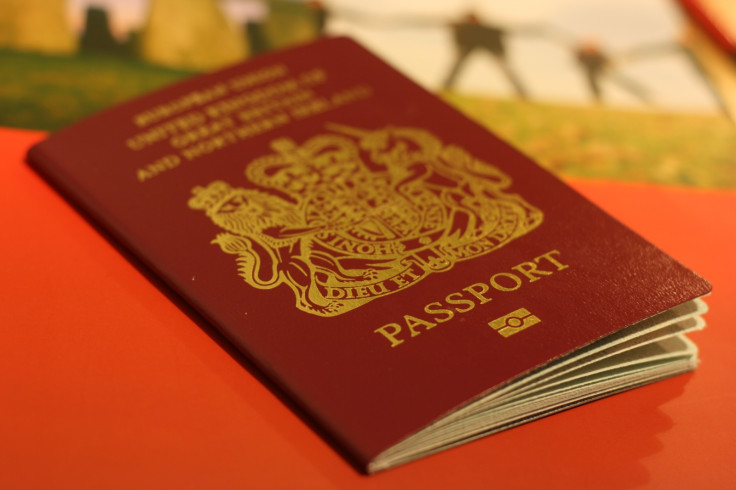British tourists to pay extra charges to visit their favourite travel destinations
The new system will come into force from November 2023, according to local media reports.
UK residents who are planning to holiday in countries like Greece, Croatia, Italy, Spain, France, and Portugal will have to shell out more money than usual.
The development comes in the backdrop of the European Union (EU) planning to introduce a new visa-waiver form for non-EU countries under which visitors are required to pay an extra €7 (£5.92) for a visa-waiver form.
The European travel information and authorisation system (ETIAS) will be applicable for non-EU citizens from as many as 60 countries, including the UK, reports The Mirror.
As per the new rules, the new charge will apply to anyone aged between 18 to 70, and each approved application will be valid for a period of three years. British citizens will be allowed unlimited travel to EU member countries during those three years.
British passport holders will have to pay the aforementioned charge to enter all countries that are a part of Schengen area including Iceland, Switzerland, Liechtenstein and Norway.
"British nationals, like all travellers coming from visa-exempt countries, will be required to have a valid ETIAS travel authorisation if they travel for a short stay (90 days within a 180 day period)," according to EU's border control information.
However, there is some good news for British citizens as the extra charges will only be required to be paid from 2023. The system was originally supposed to be implemented in September 2022, but was delayed due to the pandemic.
The new system will come into force in November 2023 which essentially implies that UK citizens do not have to worry about the extra charges for now. It is expected that in most cases the approval process will only take a few minutes.
"Non-EU nationals who do not need a visa to travel to the Schengen area will have to apply for a travel authorisation through the ETIAS system prior to their trip."
The system is meant to identify security, irregular migration or high epidemic risks posed by people who are allowed to enter Schengen States without a visa. The countries which will be charging this extra amount include countries like Austria, Belgium, the Czech Republic, Denmark, and Estonia, among several others.






















